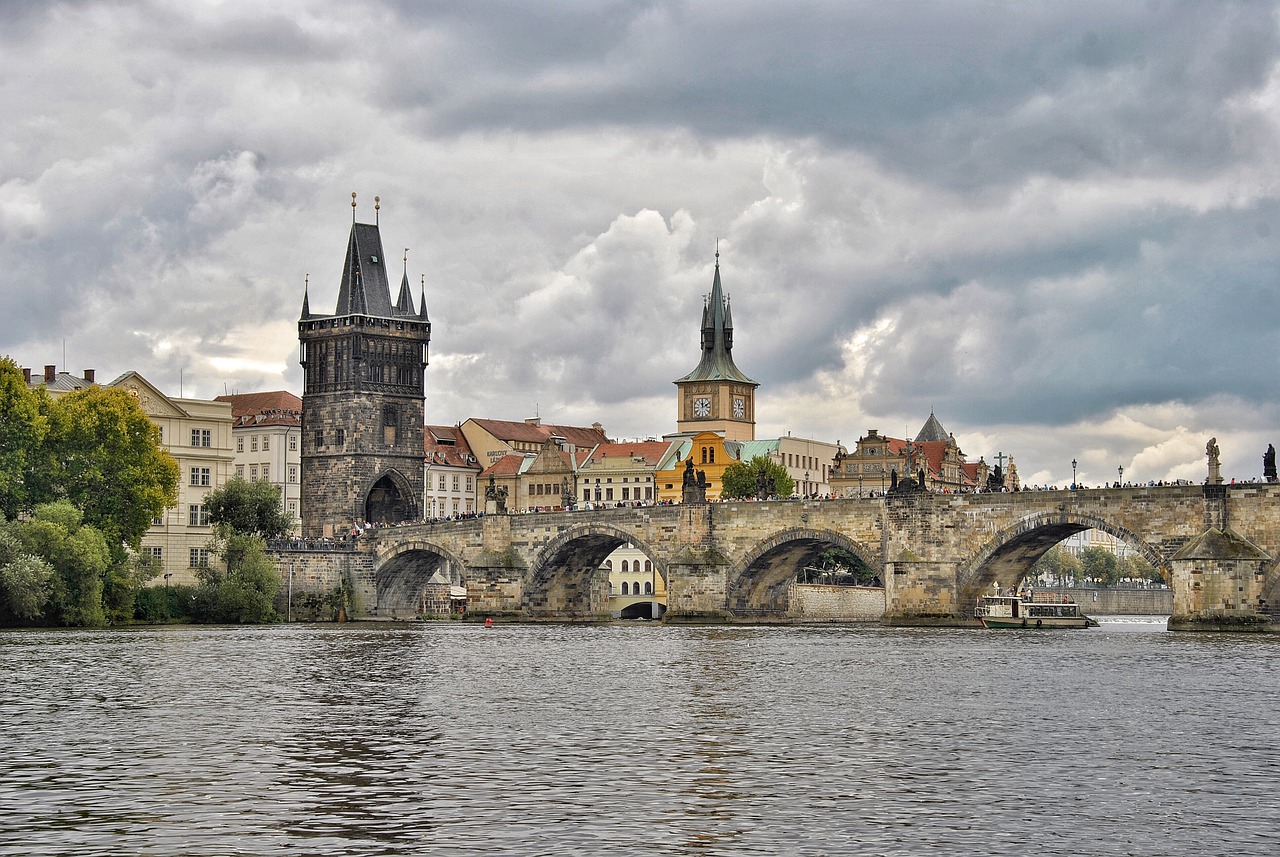THE CZECH REPUBLIC – BACKGROUND AND OVERVIEW

In our global world, businessmen active in a large number of countries must be aware of historical as well as contemporary processes occurring in these countries. The reasons are many, and they include the recognition that history, culture, and regional events have a great deal of significance in many countries and affect the thoughts and actions of their citizens. In many cases local businessmen have different ways of expressing themselves and displaying feelings as well as reaching decisions than foreign businessmen, due to their distinct background and cultural conceptions. Having prior knowledge will in many cases help businessmen close a successful deal. Sometimes this important prior knowledge can make all the difference.
THE CZECH REPUBLIC – HISTORICAL BACKGROUND
Initially, the Czech Republic was part of the Austro-Hungarian Empire. Immediately after Word War I Czechoslovakia declared its independence, on territory that included part of current-day Ukraine. During World War II, Czechoslovakia was occupied by Germany when major European countries ceded control of Czechoslovakia to Germany at the Munich Conference (between Germany, Britain, France, and Italy). Czechoslovia promptly surrendered to the Nazis despite its mighty army (Czechoslovakia was a world leader in the manufacture of weapons). From the end of World War II to this day the people of Czechoslovakia remain conflicted about their decision to refrain from fighting for their liberty. During the war, Hitler intended to leave part of the city of Prague intact as a museum of the Jewish People, preserving remnants of the heritage of those he planned to exterminate. For this reason, Hitler decided not to destroy the Jewish Quarter of Prague.
After World War II Czechoslovakia was under a democratic regime for a very short period, until the communists seized power in 1948. At that time Czechoslovakia was incorporated into the Eastern Bloc and ruled by a strict communist government that received its instructions from Moscow and oppressed the Czechs. In 1968, when the communist government of the Czech Republic did not fully obey Moscow directives, the Russians occupied Czechoslovakia. The revolution began on November 17 1989 as a student uprising and continued with the resistance of the entire Czechoslovak people, called the Velvet Revolution. The Czechoslovak people, led by Václav Havel, managed to clear the Russians out of Czechoslovakia, and from that point on the country became a democracy (November 17 is a day of celebration in the Czech Republic). Czechoslovakia’s first democratic president was the same Václav Havel, a play writer and author by profession and much admired by the Czech people. Despite the passage of years the Czechs still bear a grudge against the Russians and the communist movement.
In 1993 the Slovaks claimed discrimination by the government seated in the capital Prague and a decision was made to divide Czechoslovakia into two separate countries, the Slovak Republic and the Czech Republic. The dissolution was completed peacefully and the two countries currently enjoy an excellent relationship. Subsequently, the Czech Republic flourished while the economic situation of Slovakia gradually deteriorated. Many Czechs claim that the dissolution was initiated by politicians striving for senior positions in Slovakia, and that the same politicians also led to the downhill slide of Slovakia’s economy.
THE CZECH REPUBLIC TODAY
In May 2010 a new government was elected in the Czech Republic, following a 14- month temporary government. The previous government collapsed as a result of a financial crisis. (According to Czech law, when the government is brought down through a no-confidence motion a temporary government is appointed for one year until the elections). The temporary government headed by Jan Fischer (a professor of economics by profession and a practicing Jew) won wide public support and managed to reach positive achievements despite the global financial crisis. During his time in office, Fischer visited Jerusalem few times.
The current Prime Minister Petr Nečas, is a member of the ODS party, which supports the capitalist concept and has a right-wing orientation. The government is currently implementing wide and thorough cutbacks in the government budget and in the salary of government workers (a horizontal cutback of 10% of all salaries), an act that has aroused wide criticism by government workers. In addition, the government has enacted other tax regulations aimed at increasing government income.
In regard to Israel, the Israeli ambassador in Prague, Yaakov Levi, says that the Czech Republic is considered Israel’s best and most loyal supporter in Europe, support that remained true even during IDF operations in Gaza and wide international condemnation of Israel, the Czech Republic was always in favor of Israel. The historical reason is that the Czechs perceive the People of Israel as a brave and courageous people who continue to valiantly fight for their country versus their own historical precedent of surrendering to Germany with no resistance.
To learn more about the Czech Republic, both in general and from a business perspective – you can find more information here





